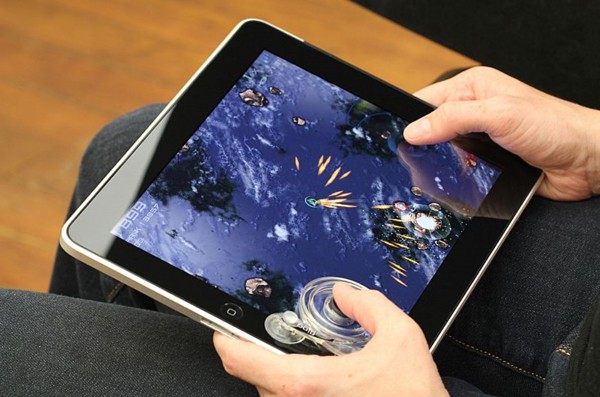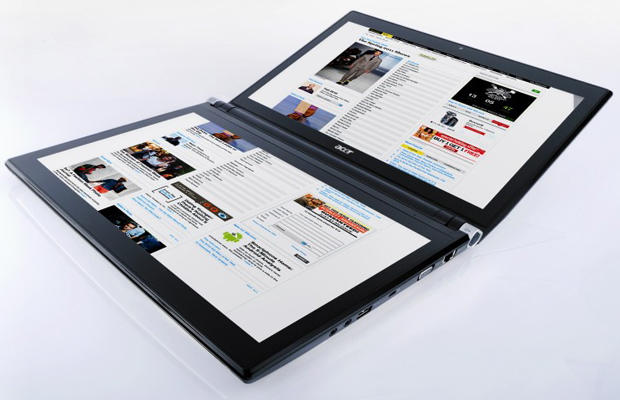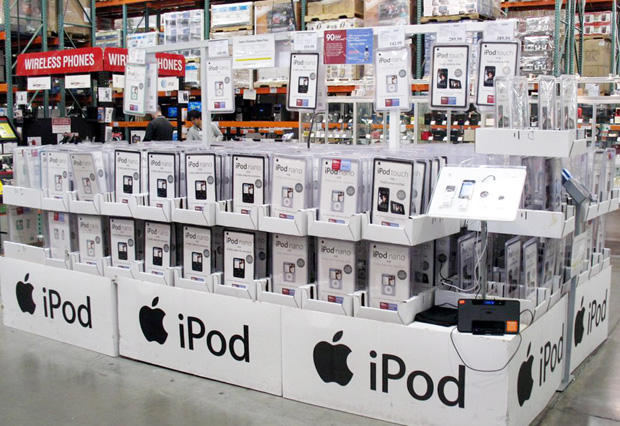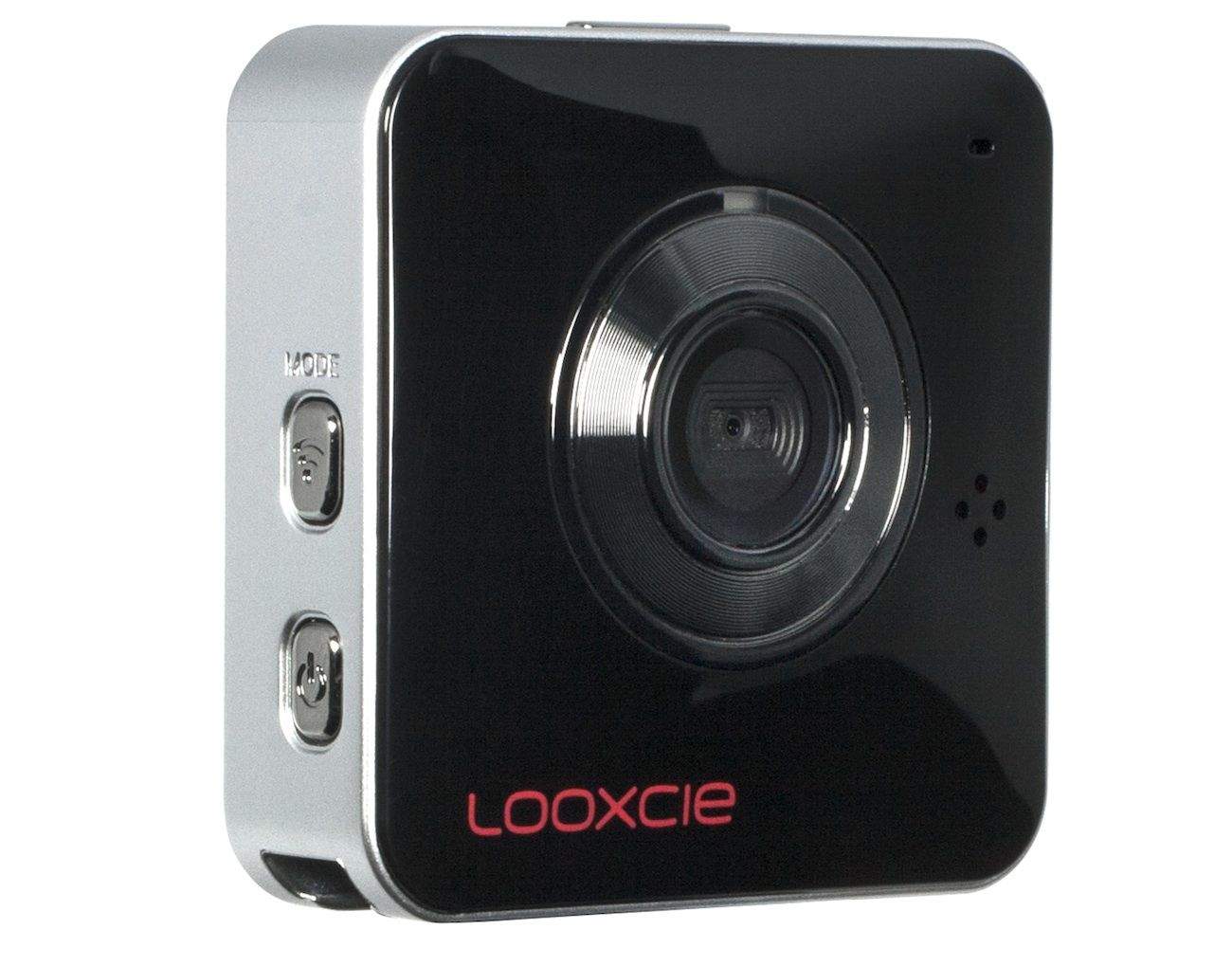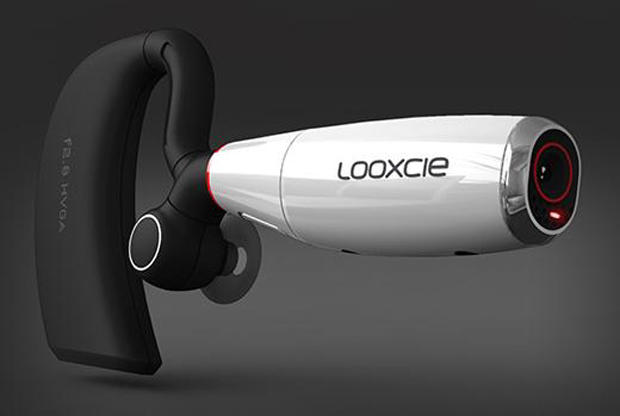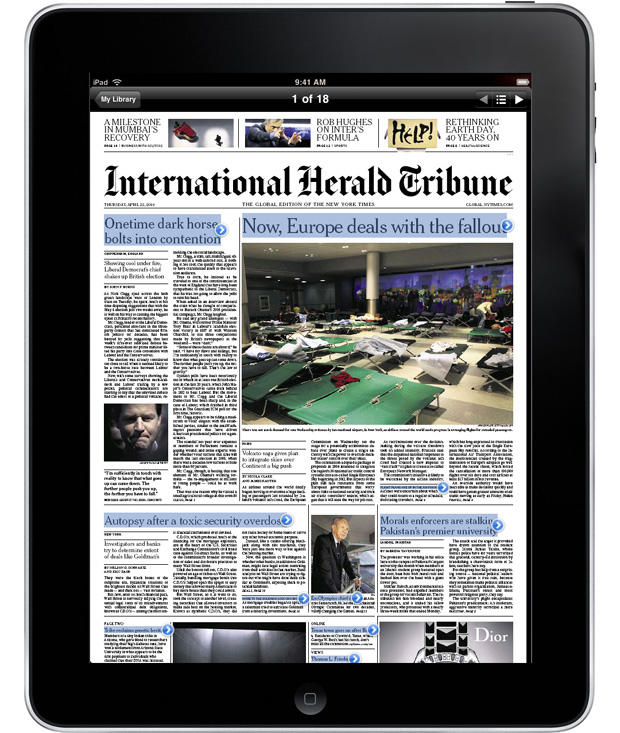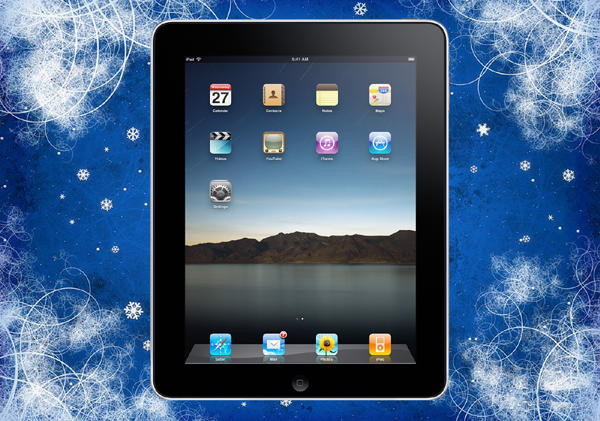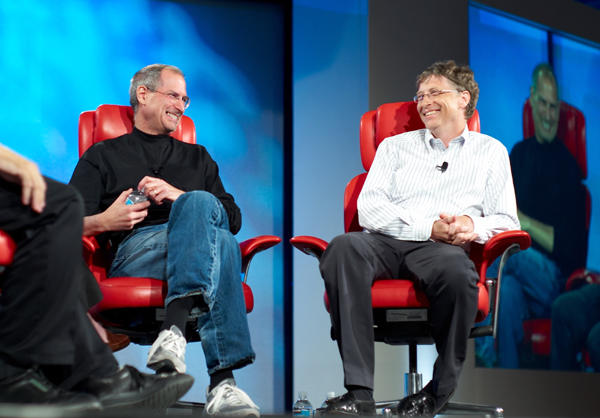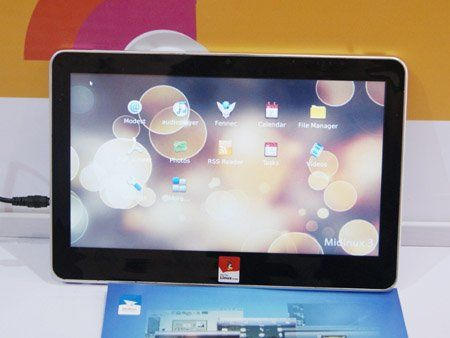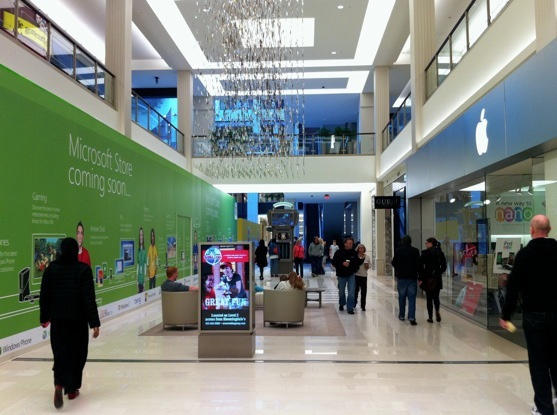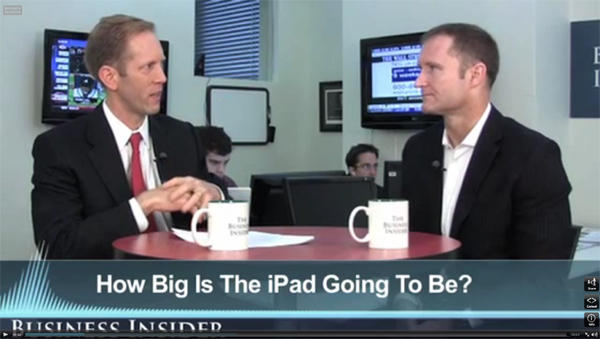Software giant Microsoft plans to open a new retail store Nov. 6 in Minnesota’s gigantic Mall of America — directly opposite from the Apple Store.
I predict that the Microsoft Store will fail spectacularly.
PC giant Dell tried retail locations a few years ago — the company peaked at 140 mall kiosks before the company announced that electronics superstores and the dell.com web site were better places for customers to buy.
Gateway tried it, too. The company opened more than 260 “Gateway Country” stores several years ago before shutting them down and selling out to Acer.
Microsoft’s Mall of America store will be much larger than the Apple Store across the walkway — reportedly 8,600 total square feet and 5,200 of which devoted to public showroom. And it will be a lot bigger than Microsoft’s existing retail stores in Scottsdale, Ariz., Lone Tree, Colo., and Mission Viejo and San Diego, Calif. (Apple has 310 stores.)
The new Microsoft store will mimic Apple’s shiny modern industrial wood, metal and glass architectural style. Employees will high-five customers as they stream in on Day One. There will be computers and tablets and smart phones displayed.
Microsoft’s strategy for competing technologies has always been to “embrace and extend.” The strategy for retail appears to be “copy and outspend.”
Why the Microsoft Store Will Fail
Tech giants, including Apple, open retail stores for four reasons:
1. Increase sales
2. Improve branding awareness and affinity
3. Improve public familiarity with products
4. Provide a place for tech support
I predict that Microsoft will fail in all four of these areas. Here’s why:
Apple Stores are profitable. The Microsoft store will not be. It probably wasn’t designed to be. It probably can’t be. The details of Microsoft’s money-losing retail strategy, especially for this giant store, will be contrasted unfavorably with the details of Microsoft’s incredibly lucrative retail strategy. Microsoft will probably lose a lot of money on this store, and the fact will embarrass.
The majority of PC users and the majority of cell phone owners — in other words, the majority of mall goers — do not use Apple products. Apple increases sales with its Apple stores by introducing people to its products.
People may walk by the store fogging the glass 10 times before they ever go in. Once inside, they play around with the computers, fondle the iPads, and allow themselves to be dazzled by the big screens.
For the average mall goer, the Apple Store is a journey into an exotic and beautiful alternative universe. But the Microsoft Store will be like a journey into… Best Buy.
Placing the Microsoft Store directly opposite from the Apple Store is an error. Once the novelty has worn off, the Apple Store will be consistently busier with a much broader spectrum of consumer. While the Microsoft store may be a hit with a 13-year-old boys who want to play Xbox on giant screen, proximity will expose differences in the consumer appeal of each company.
Note that Microsoft has many loyal and enthusiastic business customers. But they won’t be at the mall to represent.
Apple has its Genius Bar, which is a mixed bag of customer service experiences. Some people walk away unhappy, but some people are completely satisfied.
Offering tech support at the Microsoft store is probably a bad idea. Because the Windows platform is what Steve Jobs would call a “fragmented” environment (OS from one company, hardware from another), tech support issues are likely to require intervention by companies other than Microsoft. So Microsoft may not offer tech support, which makes the company look bad. Or it may offer tech support, which makes the company look worse. It’s a no-win for Microsoft.
The problem with Microsoft opening a store directly across from an Apple Store is that it invites comparison between a company that’s in a position to benefit from retail against one that isn’t.
Retail benefits Apple because the company’s products are more beautiful than its competition and less familiar. Retail benefits Apple because its products are all of a kind, they look as if they come from the same company with the same aesthetic value. So the Apple Store has a unified appeal that Microsoft won’t be able to fully replicate.
Microsoft may be a great company with much to offer. But it has nothing to gain from a retail store — especially one right across from an Apple Store — except embarrassment.
